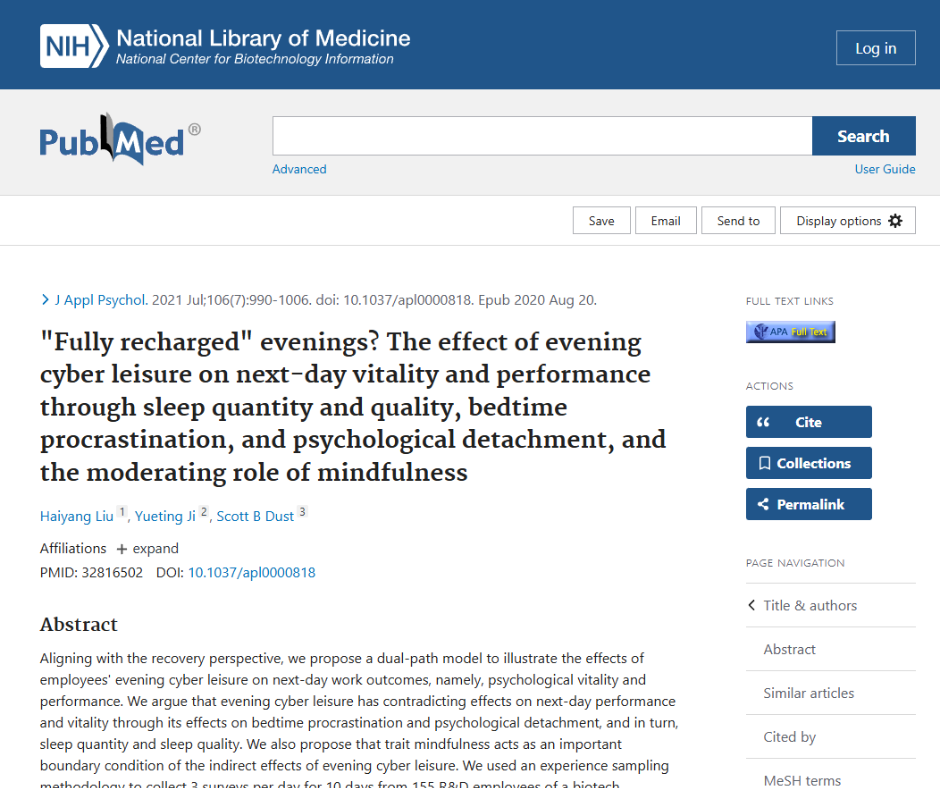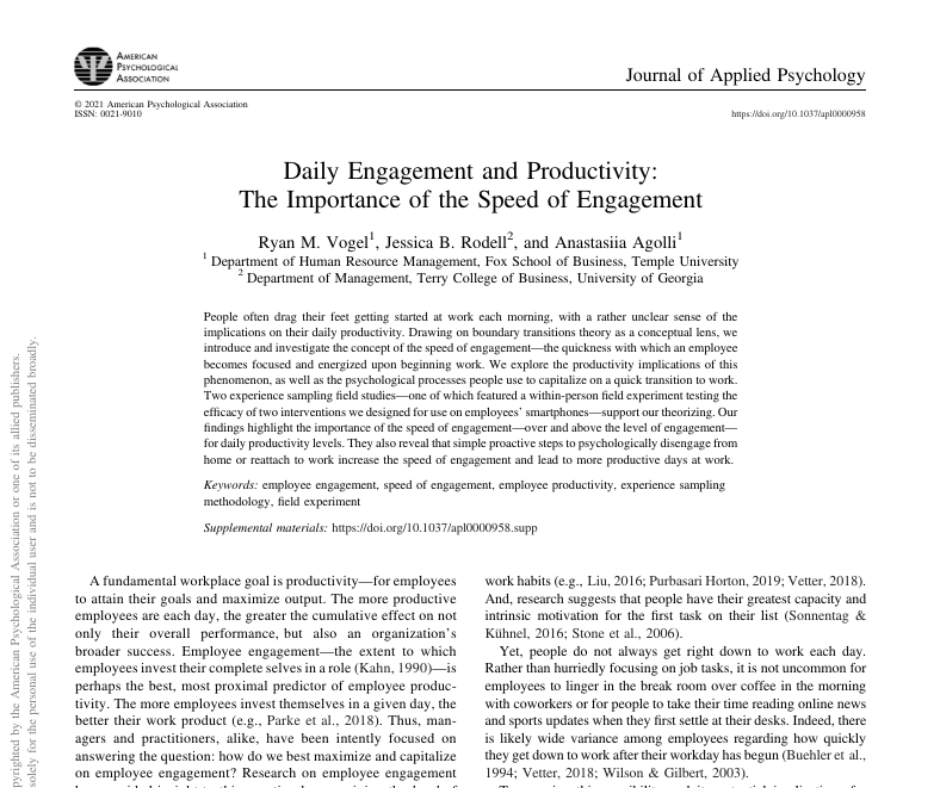By using highperformanceroutines.com, you agree to our Cookie Policy.
The High Performance Routines Research Library
Welcome to the HPR research library, where we are in the process of compiling peer-reviewed research studies and articles supporting each phase of our High Performance Routine.
Select one of the stages below to find relevant research papers, articles and tips.
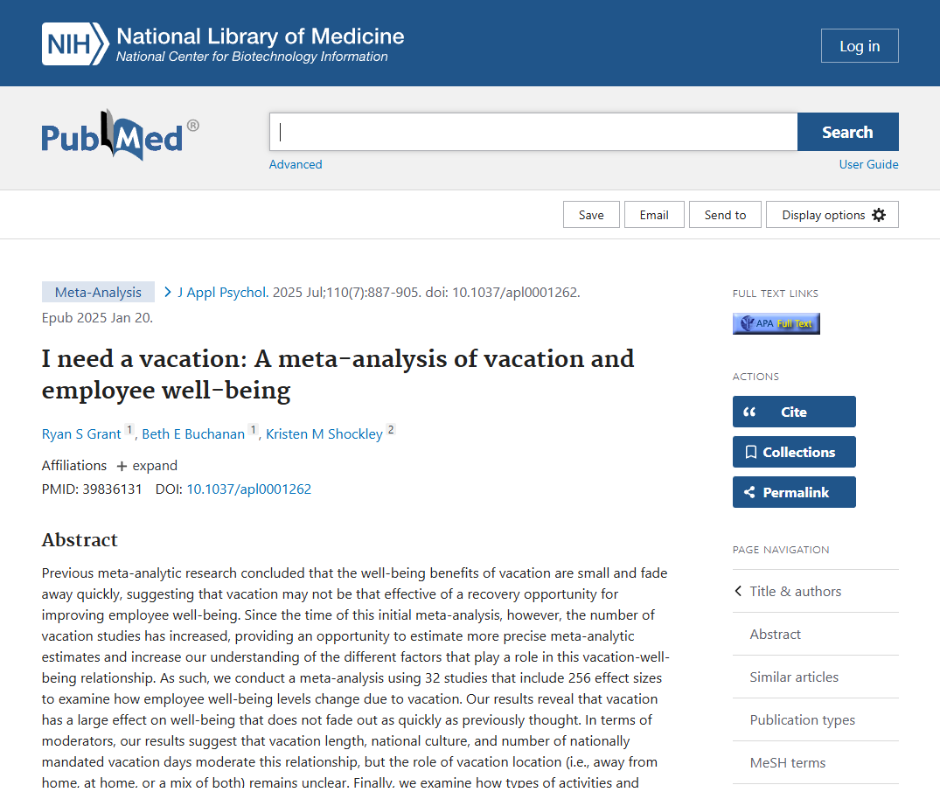
“Vacation has a large effect on well-being that does not fade out as quickly as previously thought”,...
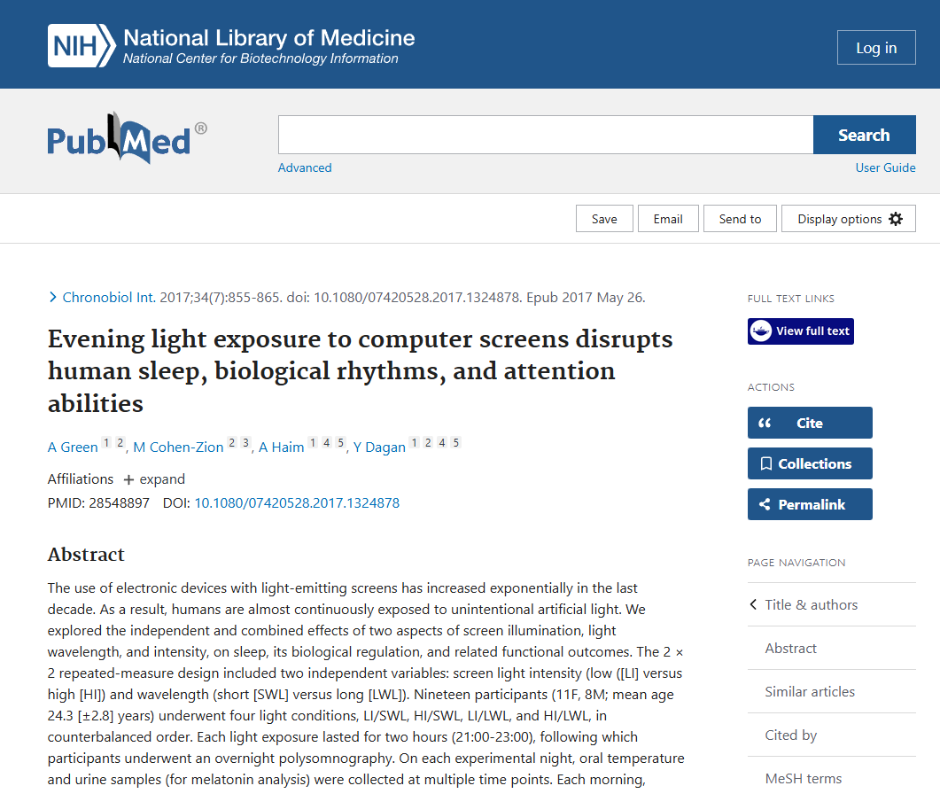
Evening exposure to short‑wavelength (blue) screen light disrupts sleep and increases next‑day sleep...
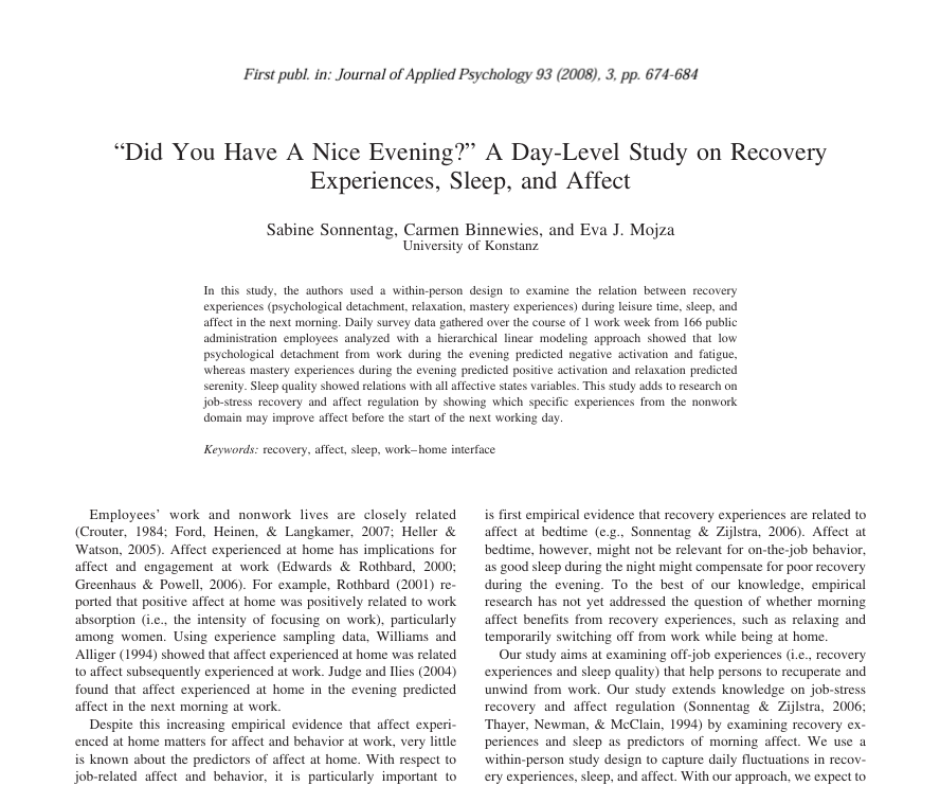
Low psychological detachment in the evening predicts fatigue and negative emotions the next morning.
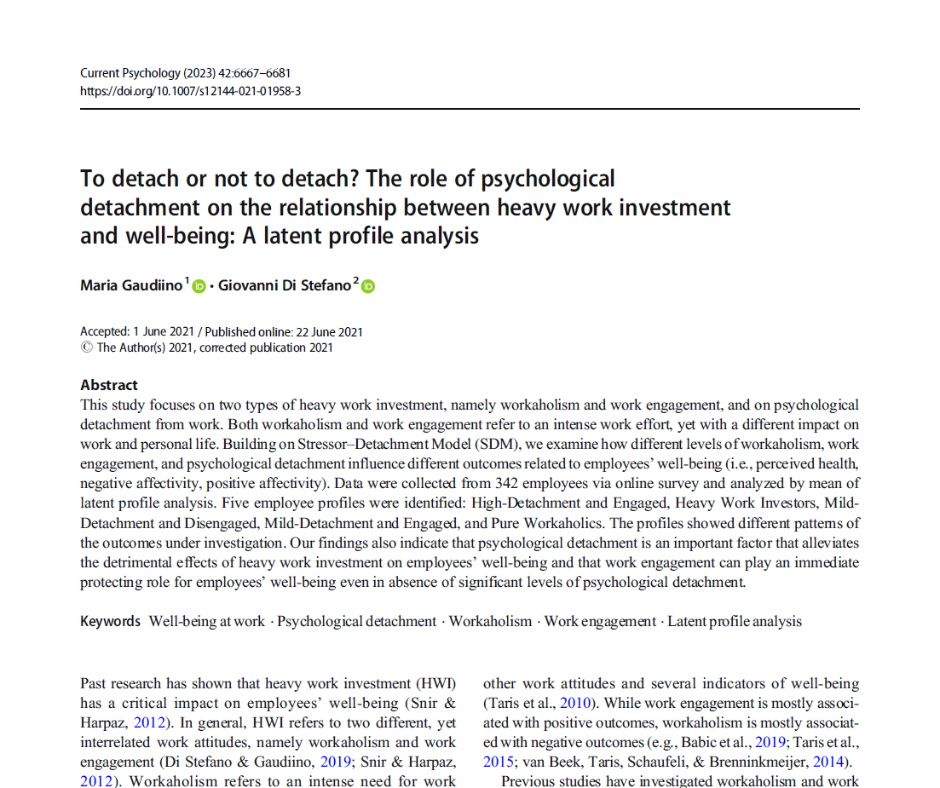
Studies demonstrate that people who have higher levels of detachment from work report better general...
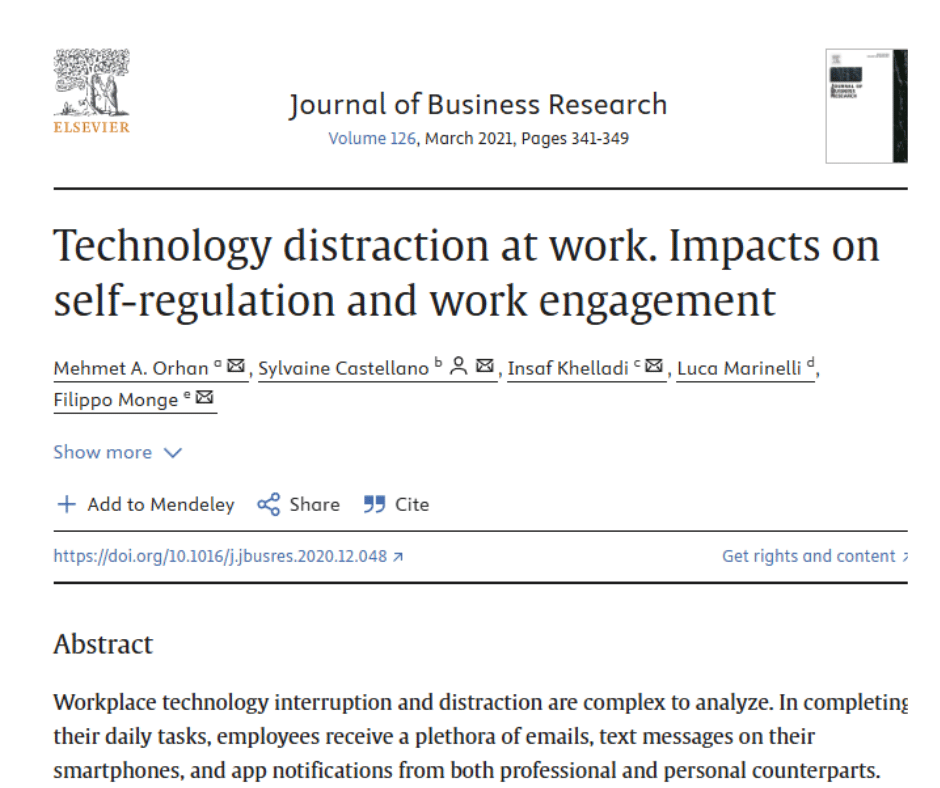
Handling multiple communications can be a source of stress, burnout, and other negative feelings and...
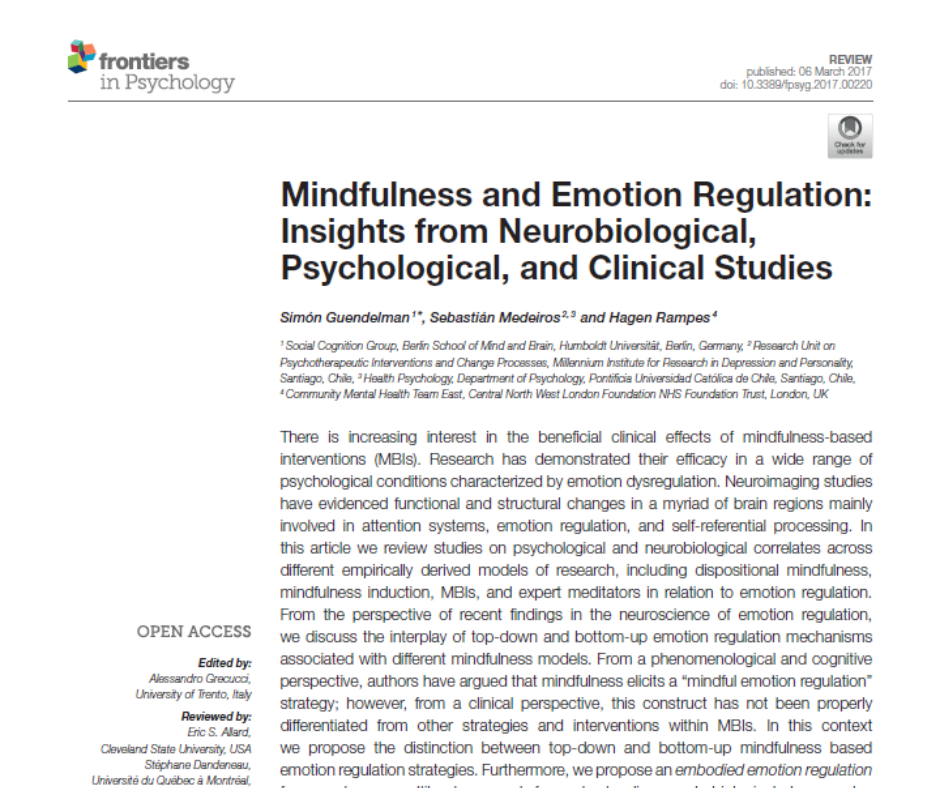
Functional MRI scans show that mindfulness meditation increases activity in brain regions associated...
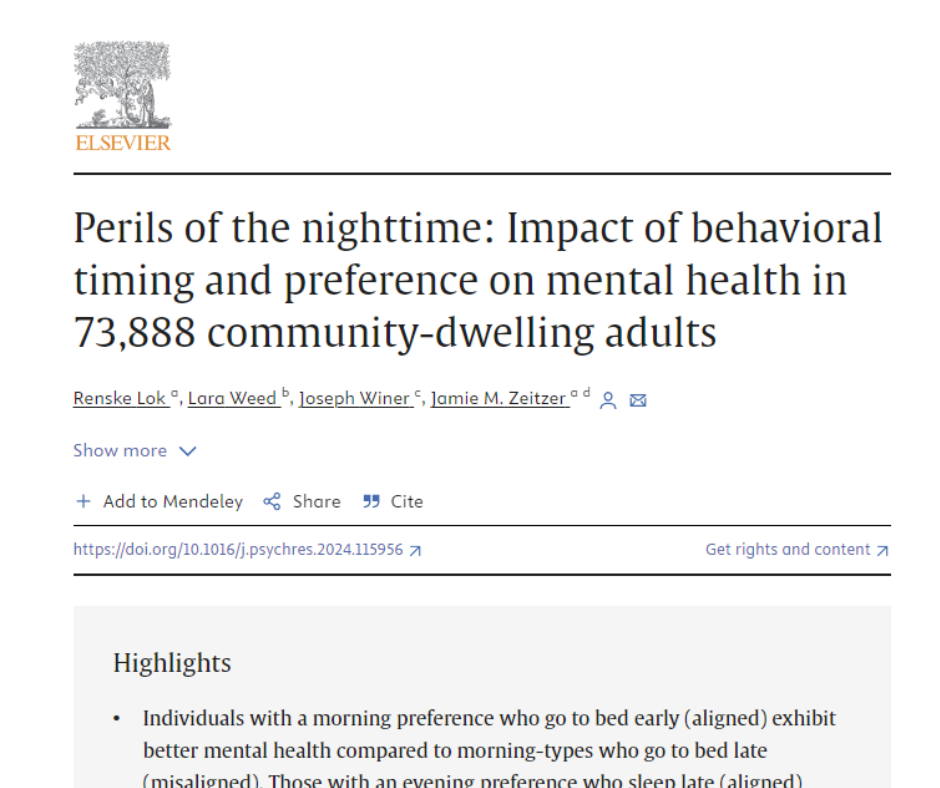
Going to bed early and rising early is associated with better mental health than going to bed late and...
No posts found



